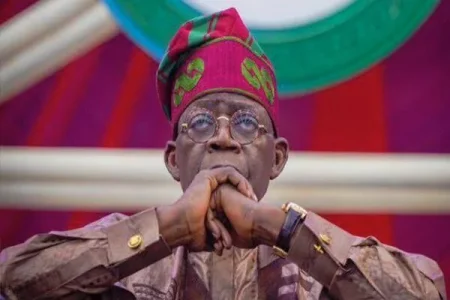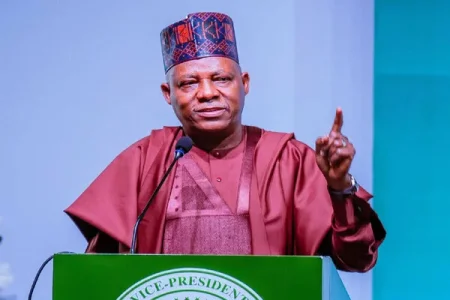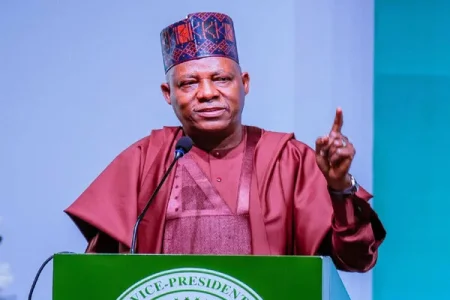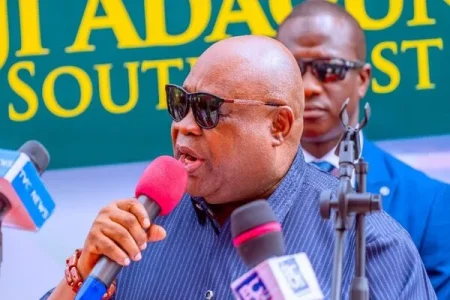
The Nigerian government, under President Bola Tinubu, plans to reintroduce toll gates on major roads like the Lagos-Ibadan Expressway and the Second Niger Bridge. The initiative, overseen by Minister of Works David Umahi, aims to generate revenue, improve road safety, and enhance infrastructure with security measures and amenities.
The Nigerian government, under President Bola Ahmed Tinubu, plans to reintroduce toll gates on major highways across the country, according to Minister of Works David Umahi. During an Inter-Ministerial Press Briefing marking Nigeria’s 64th independence anniversary, Umahi confirmed that roads such as the Lagos-Ibadan Expressway, the Second Niger Bridge, and the Abuja-Kano Road would be tolled upon completion.
Umahi highlighted that the tolling would generate significant revenue for the Federal Government and would be managed through public-private partnerships. He also noted the introduction of paperless toll payments and enhanced security measures, including solar lighting and quick emergency response systems, to improve road safety and encourage usage.
The minister assured Nigerians that the reintroduction of tolls would lead to better-maintained roads, with added amenities such as restaurants, filling stations, and parking lots at toll points. CCTV surveillance would also be installed to ensure safety and security.
As part of a broader effort to professionalize road development, the government is focusing on treating road infrastructure as an investment, with expected returns over time. Umahi explained that the proposed tolls would average N3,000 per vehicle, with adjustments for different vehicle types, and projected the revenue would help cover construction costs within 15 years.
This toll system is part of a larger infrastructure improvement plan aimed at boosting confidence in road travel while ensuring sustainable maintenance and security.




